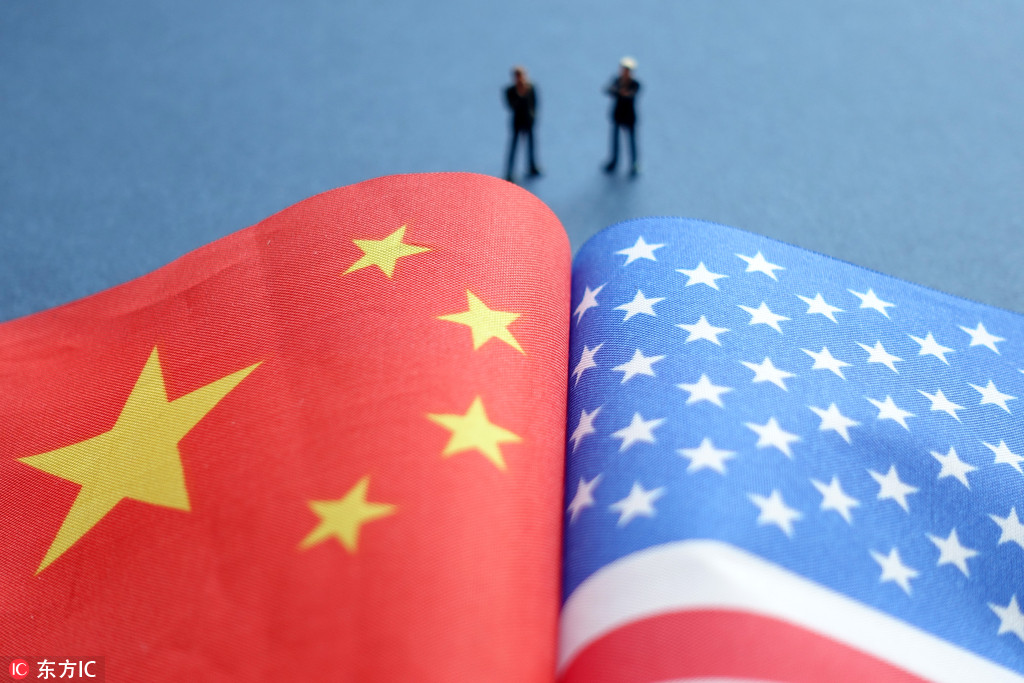More sober approach would benefit trade talks: China Daily editorial
chinadaily.com.cn | Updated: 2019-07-25 20:10

Chinese and US trade negotiators are scheduled to resume talks in Shanghai, birthplace of the first joint communiqué between the two countries, next week, the first time they will meet since the top leaders of the two countries agreed to a temporary truce during the G20 Summit in Japan in late June.
Chinese Vice-Premier Liu He will lead the negotiations for China, while US Treasury Secretary Steven Mnuchin and US. Trade Representative Robert Lighthizer will lead the US team.
It is an encouraging sign that the two sides are to sit down at the negotiation table again, as at one point it looked they couldn't even agree to do that.
But face-to-face talks — no matter how arduous and prolonged — are the only way they are going to work out a compromise both sides can live with. It is to be hoped that the expectation expressed by Mnuchin that the talks will continue later in Washington is indicative of a more flexible approach by the United States, as its intransigence on some issues meant the last round of negotiations hit a brick wall.
The fact that the US has resorted to trying to put pressure on China on multiple fronts, suggests that it knows it is in the last chance saloon; its tariff blows having failed to floor China. Having become intoxicated with its own prowess, it is time it sobered up.
To make sure that solid progress can be made in next week's trade talks in Shanghai, Washington should show its sincerity and stop stirring up trouble in Taiwan and Hong Kong. It is a tactic that will not gain it any favors at the negotiating table.
Beijing will take its cue from deeds, not words.
During the past 11 rounds of talks, the two sides have deepened their mutual understanding by exchanging their views on many crucial issues. It is unfortunate that this understanding has not yet extended to the realization that Beijing will not give in to such pressure.
But even though they have failed to reach a final deal during the previous rounds of talks, the two sides do know each other better and, more importantly, understand what they need to do in order to reach a deal.
That is, they need to acknowledge their differences, treat each other equally, make compromises, and maximize the consensus of their heads of state to reach a win-win solution.
The broader political differences in the relations should not detract the two negotiating teams from working out a deal. Especially as agreeing a trade deal would provide a solid foundation for the two sides to work on resolving their differences in other areas. That which cannot be overcome when taken as a whole, may yield when taken in smaller parts, as the 1972 communiqué shows.
The two countries' differences on trade are like the ripples on the surface of the water while the currents underneath are the underlying issues caused by US anxiety in the face of China's rapid development. The US should beware being caught in its own rip tide.
























